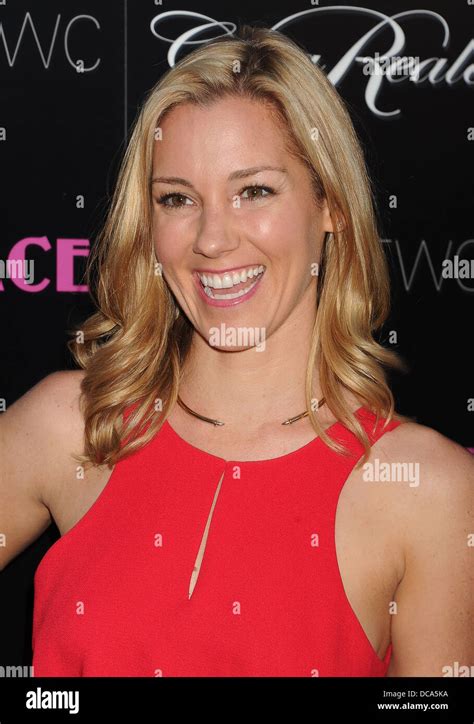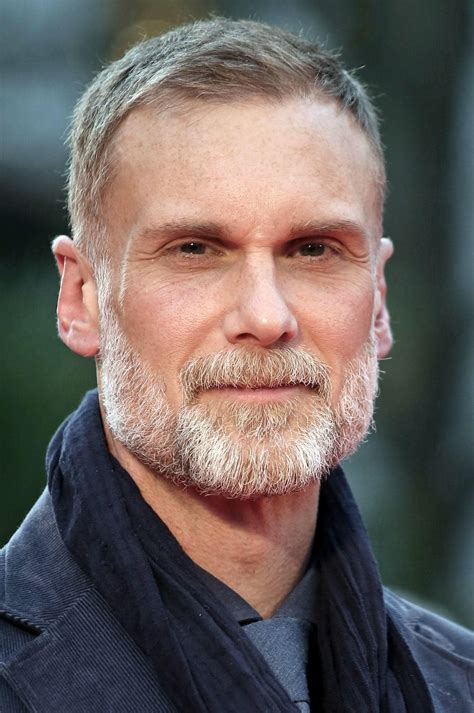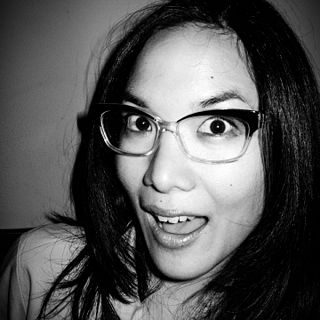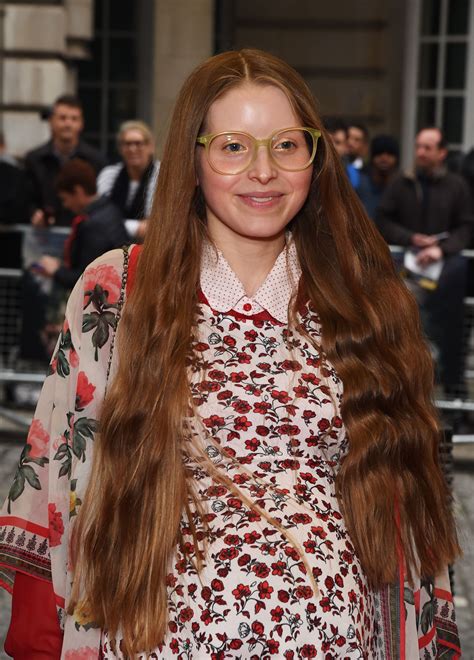A Quote by Jim Jefferies
There's a fallacy with stand up comedy, which is, people come up to comedians, and they go, 'You say what I think but I'm not brave enough to say,' and that's not particularly true.
Related Quotes
A lot of female comedians will go up there in a sweatshirt and Converses, trying to dress themselves down, because it is sort of a boy's club. I'll go up in my heels. I like that people don't think I'll be funny. I'll take that on. I don't do standup comedy - I do standup and I do comedy, but I don't go up there and do jokes.
I knew that I would have to be brave. Not foolhardy, not in love with risk and danger, not making ridiculous exhibitions of myself to prove that I wasn't terrified--really genuinely brave. Brave enough to be quiet when quiet was called for, brave enough to observe before flinging myself into something, brave enough to not abandon my true self when someone else wanted to seduce or force me in a direction I didn't want to go, brave enough to stand my ground quietly.
In the stand-up comedy top, there's room for everyone - if you're good, there's room for everyone. You'll put on your own show - no one casts you. You cast your own show as a stand-up comedian. When you get good at stand-up comedy you book a theater and if people show up, people show up. If people don't show up, people don't show up. You don't have a director or a casting agent or anybody saying if you're good enough - the audience will decide.
At the beggining of my career, for me the comedy circuit was a combination of desperation and the fact that it was something I could do. I sort of meandered and really had no idea what I was going to do with my life. I had a go at stand-up, and I was sort of okay at it. I'd say I'm the opposite of someone that has the urge to stand in front of strangers and make them laugh, but the idea of getting up and telling a story and people finding it amusing always appealed to me. So I'd say it was probably more about that than anything.
I don't come from a comedy background or a stand-up background, but I think that sometimes there's a misconception that an actor who works primarily in comedy is a comedian. There's nothing wrong with being a comedian, but I'm absolutely not that. I can't think of anything more terrifying than doing stand-up!
Conclusions are based in time. We live in time. So any definition of success is bound up with time. With other things you can say, "Can I yo-yo? Can I juggle?" Usually you have a pretty small window in which to get your answer. Stand-up is different. You can't do stand-up for one night and say, "Am I a funny stand-up comedian?" In two months or two years you'll start to realize it.
What is a novel? I say: an invented story. At the same time a story which, though invented has the power to ring true. True to what? True to life as the reader knows life to be or, it may be, feels life to be. And I mean the adult, the grown-up reader. Such a reader has outgrown fairy tales, and we do not want the fantastic and the impossible. So I say to you that a novel must stand up to the adult tests of reality.































